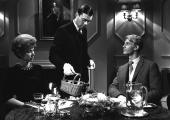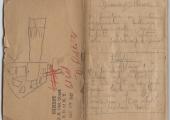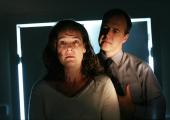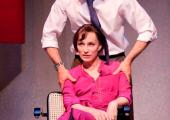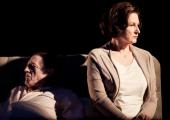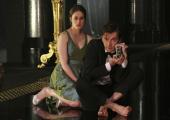From Pinter to Shrek: an actor's unlikely journey
It’s a quirk of the acting profession that someone can fly under the radar for years and then suddenly be catapulted into the limelight. Nigel Lindsay's impeccable record in contemporary plays at the Donmar, Almeida and Royal Court has left all but keen theatre-goers with only a dim sense of his distinctive profile. He is currently performing his most high-profile role yet - unless you count the doltish white Muslim jihadist Barry in Four Lions. But one thing will not change. To play the grouchy Scottish ogre in Shrek the Musical (in which he's been coached by his old mate David Tennant), Lindsay will spend 90 minutes before every performance having prosthetic make-up applied. When he walks out of the stage door, the junior hordes won’t know him from the doorman.
It’s a quirk of the acting profession that someone can fly under the radar for years and then suddenly be catapulted into the limelight. Nigel Lindsay's impeccable record in contemporary plays at the Donmar, Almeida and Royal Court has left all but keen theatre-goers with only a dim sense of his distinctive profile. He is currently performing his most high-profile role yet - unless you count the doltish white Muslim jihadist Barry in Four Lions. But one thing will not change. To play the grouchy Scottish ogre in Shrek the Musical (in which he's been coached by his old mate David Tennant), Lindsay will spend 90 minutes before every performance having prosthetic make-up applied. When he walks out of the stage door, the junior hordes won’t know him from the doorman.
